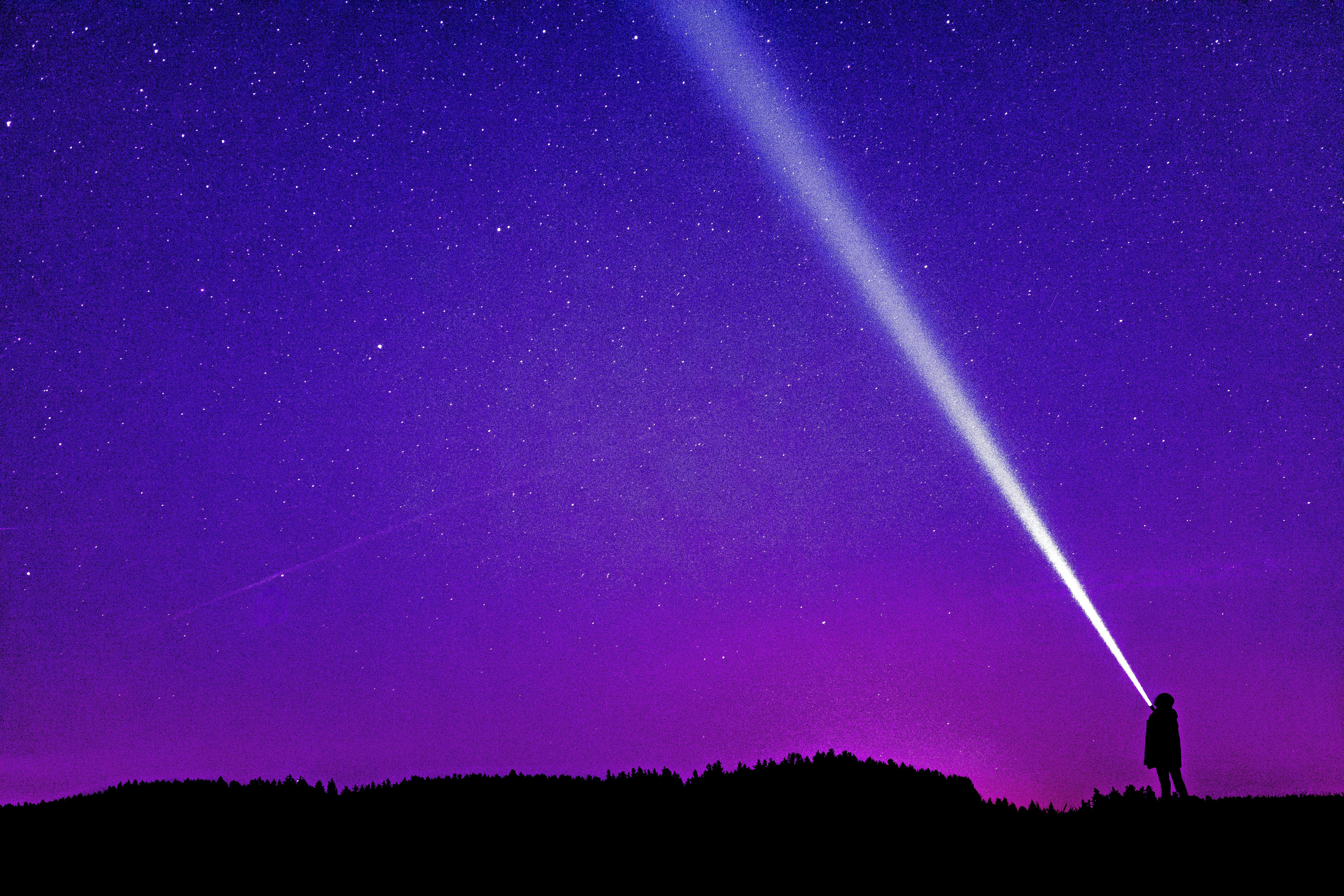Exploring the Cosmos: A Journey into the Depths of Space
Since the earliest civilizations, humans have looked up at the night sky in awe, pondering the vastness of the universe and our place within it. From ancient myths and legends to modern scientific inquiry, our fascination with space has only grown stronger over time. In this article, we embark on a journey into the depths of space, exploring the wonders of the cosmos and the remarkable discoveries that have shaped our understanding of the universe.
Unraveling the Mysteries of the Universe:
Space, with its infinite expanse and countless celestial bodies, has always held a sense of mystery and intrigue for humanity. Over the centuries, astronomers and scientists have sought to unravel these mysteries, using telescopes, satellites, and space probes to peer deeper into the cosmos than ever before. From the formation of galaxies and stars to the existence of black holes and dark matter, each new discovery brings us closer to unlocking the secrets of the universe.
The Dawn of Space Exploration:
The 20th century marked the beginning of humanity's journey into space, driven by a spirit of exploration and discovery. In 1957, the launch of the Soviet satellite Sputnik 1 heralded the dawn of the space age, sparking a race between superpowers to reach new milestones in space exploration. Since then, we have sent astronauts to the moon, launched probes to study distant planets, and built space telescopes to peer into the depths of the cosmos.
The Hubble Space Telescope:
One of the most iconic instruments in space exploration is the Hubble Space Telescope, which has revolutionized our understanding of the universe. Since its launch in 1990, Hubble has captured stunning images of distant galaxies, nebulae, and star clusters, providing astronomers with invaluable data about the origins and evolution of the cosmos. Its discoveries have reshaped our understanding of fundamental concepts such as the age of the universe, the expansion of space, and the prevalence of exoplanets.
The Search for Extraterrestrial Life:
One of the most enduring questions in astronomy is whether life exists beyond Earth. Scientists have identified thousands of exoplanets orbiting distant stars, some of which may harbor the conditions necessary for life as we know it. Missions like the Kepler Space Telescope and the upcoming James Webb Space Telescope are poised to further our search for habitable worlds and signs of extraterrestrial life, bringing us closer to answering one of humanity's oldest questions.
The Future of Space Exploration:
As we look to the future, the possibilities for space exploration are endless. Advances in technology, such as ion propulsion, reusable rockets, and artificial intelligence, promise to revolutionize space travel and make missions to distant worlds more feasible than ever before. From manned missions to Mars to the construction of space habitats and colonies, humanity stands on the brink of a new era of space exploration and discovery.
Conclusion:
In conclusion, space exploration is not just a scientific endeavor but a testament to the human spirit of curiosity, discovery, and exploration. As we continue to push the boundaries of our knowledge and venture further into the cosmos, let us marvel at the wonders of the universe and the incredible achievements of those who dare to explore the unknown. In the vast expanse of space, the possibilities for discovery are endless, and the journey has only just begun


Comments
Post a Comment